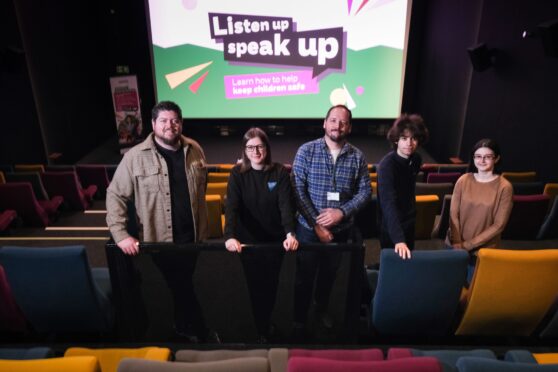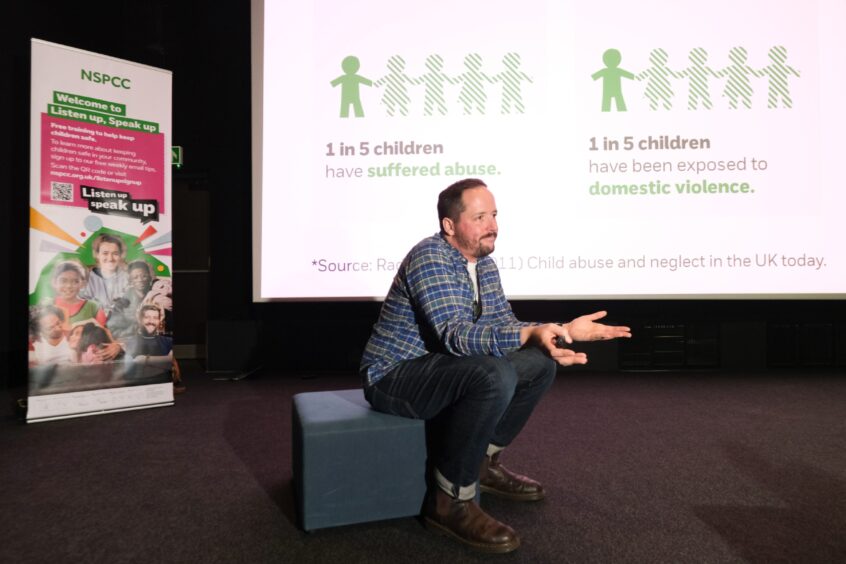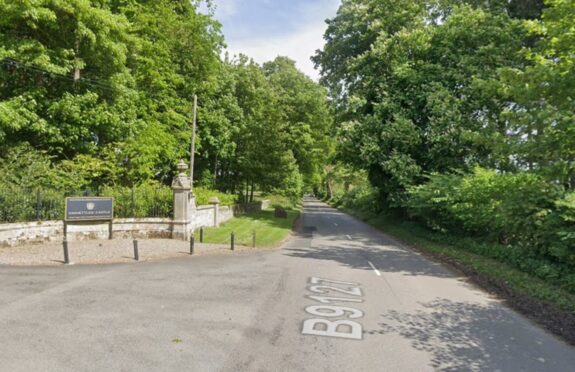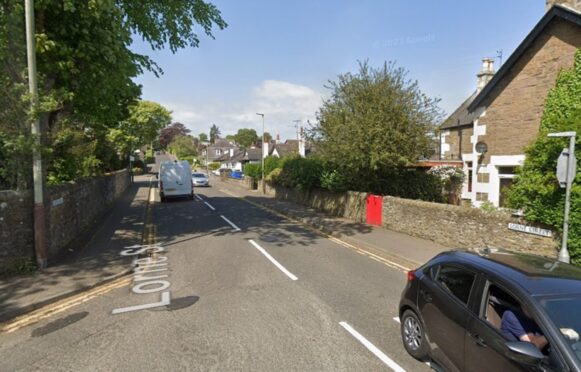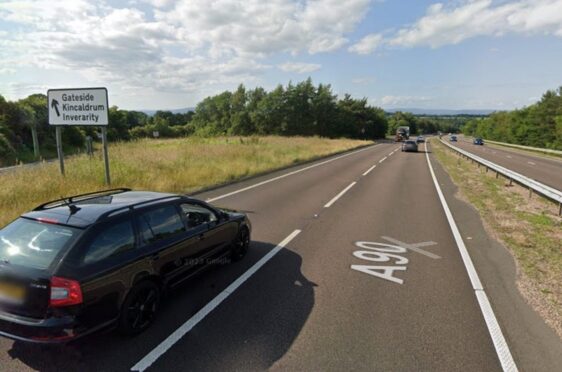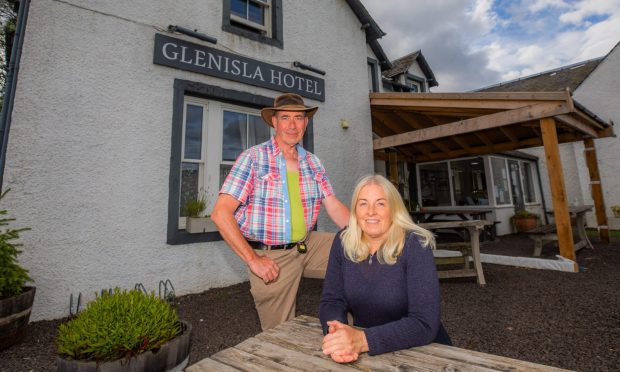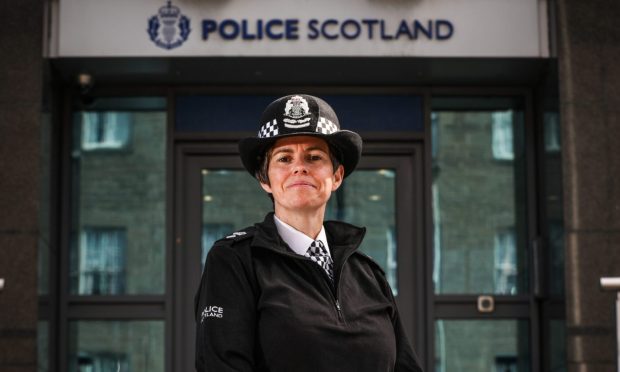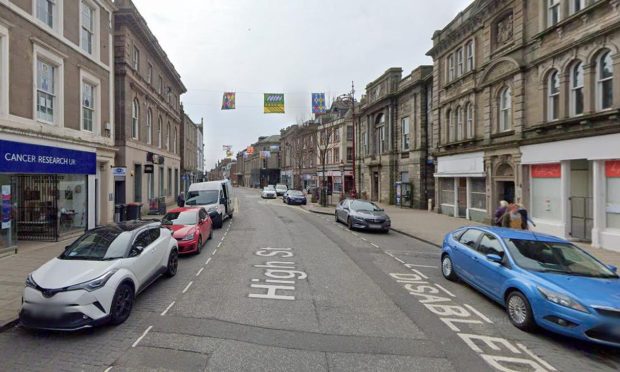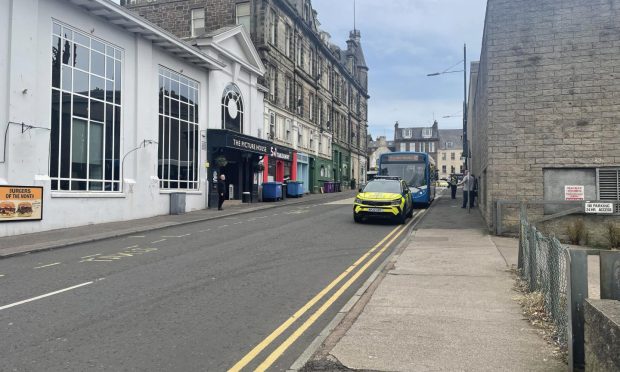Montrose has staged one of the first in a series of workshops as part of a new NSPCC initiative to help adults help youngsters they fear may be facing abuse or neglect.
It comes after a quarter of adults in a Scottish survey said they have had concerns about a child.
And across the UK, one in five adults admitted they did not take action despite those worries.
The charity has responded with the launch of Listen up, Speak up – a programme of workshops which included one of the first at Montrose Playhouse.
The YouGov Survey revealed the main barriers that prevented people from acting are being unsure about if what was happening was abuse.
And many were worried about making things worse and not being able to prove their concerns.
Survey findings
Of the 175 parents surveyed in Scotland the NSPCC found that:
- More than two in five (47%) have experienced difficulties as a parent they found hard to manage alone.
- One in four said the fear of being judged would stop them seeking help.
- Almost three out of five (59%) said that if someone offered support they had not asked for, they would be glad someone had stepped in (18%) or be reassured to feel someone was on their side (41%)
The Listen up, Speak up workshops are led by the NSPCC and being offered to schools, businesses, organisations and community groups.
They advise participants on some of the signs that a child might be at risk, how to approach difficult conversations and who to contact if they are concerned about a child or their family.
The workshops are being offered face-to-face and online.
They will take place in Glasgow, Aberdeen, Dundee, Montrose, House of Bruar and elsewhere.
Workshops and digital training
Carla Malseed, NSPCC local campaigns manager for Scotland, said: “We believe that everyone can play a part in keeping children safe, if armed with the knowledge of what to do when concerned a child is at risk.
“This can range from practically supporting a family, being a listening ear or letting someone know about your concerns, such as a parent, a child protection lead for a sports club, or even contacting the NSPCC Helpline.
“In our Listen up, Speak up workshops, we run through different scenarios, talk about the things that stop people raising concerns and give some advice about broaching these conversations, which can be difficult.
“We are really keen to reach as many people as possible through our workshops and would love to hear from any community groups, businesses or organisations that would like to host one.”
So far, more than 25,000 people have signed up to Listen up, Speak up digital training.
The charity is striving to reach one million people and organisations across the UK over the next 10 years, inspiring them to take actions in their community.
To find out more and sign up for online training, visit www.nspcc.org.uk/speakup
To host a workshop, email localcampaigns@nspcc.org.uk
